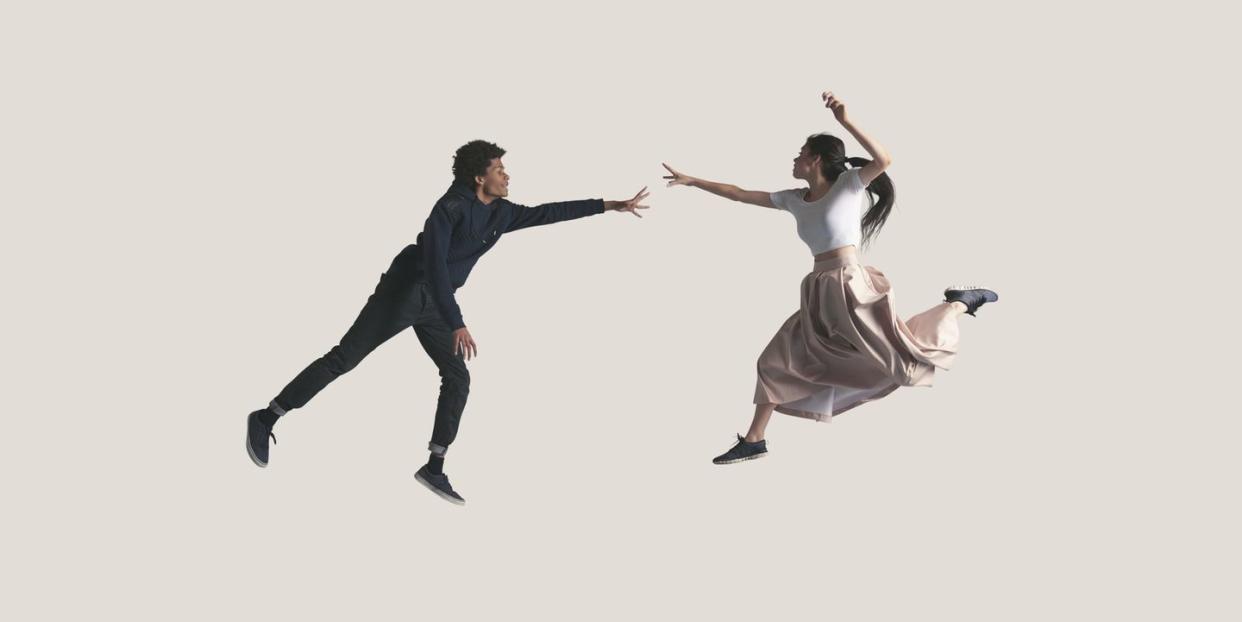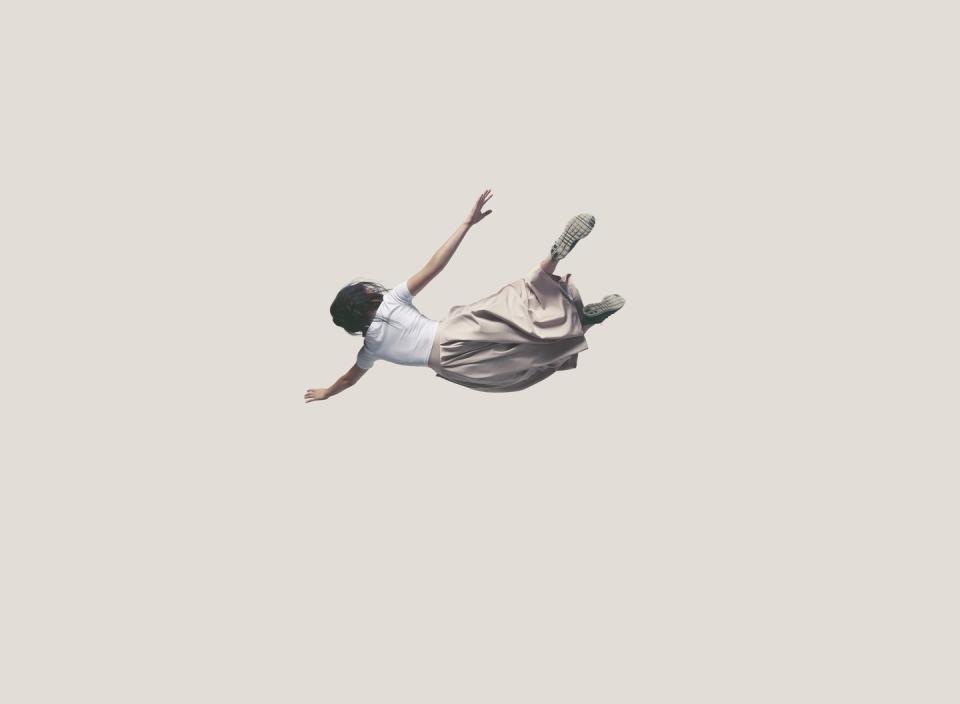'I’m Suffering From Friendship Fade'

The ongoing Coronavirus pandemic has robbed us of almost everything we held sacred. For months, life has resembled a Snakes and Ladders board, as numbers of Covid-19 cases, lockdown restrictions and our mental health situations have fluctuated. By now, we’ve come to accept that social plans and monetary savings will fall by the wayside for the foreseeable. What I hadn't envisaged, however, was that my friendships would become a health crisis victim.
I’ve always counted myself fortunate to have an abundance of friends. They’re my soundboards after a challenging day at work. Their voices over the phone are the breadcrumbs I follow as I trudge to Tube in the morning, the companions that comfort me as I walk home alone at night. It’s thanks to them that my iPhone calendar has long resembled a pin cushion, populated with dots representing months of drink dates, dinners and weekends away.
Unfortunately, I know this isn’t the case for everyone. A YouGov poll last year found that a quarter of people in Great Britain have no-one they can call a 'best friend' and nearly one-in-eight admit to having no friends at all (this is up from one in 10 just five years ago).
But as the pandemic rages on and my interactions with friends become ever more virtual, I've noticed that my friendships are beginning to fade away.

Whether we like to admit it or not, the bedrock of any friendship is consistency, communication and circumstance. Friendships are like a simmering pot of buttery risotto; they require a gradual seasoning of contact, stirring and a watchful eye to avoid unwanted stickiness. Some – like those with colleagues and friendly faces in your spin class – require a bit more elbow grease. Others, like those from school and university, need nothing more than a link to a YouTube video of dancing cats to be revitalised.
So it’s no wonder why, at the beginning of the pandemic, many of us enthusiastically turned to virtual quizzes and HouseParties in an attempt to fill the void of physical interactions. For weeks, we shared videos of each other banging pots in the streets in support of the NHS, and enjoyed countless FaceTime calls with friends in different times zones. Technology became our lifeline.
But after Zoom backgrounds lost appeal and broadband connections dwindled, we soon reverted back to keeping in touch by way of DMing across the occasional meme.
As the crisis continues to scar our mental health, simple tasks like getting out of bed in the morning or brushing our teeth require an added boost of brain power. Finding reserves of energy to zealously interact with friends has fallen down the priorities list.

More than ever before, my friendships are suffering a cavity of silence, which builds daily due to the lack of new or shared experiences. The grievances and personal victories that we would have commiserated and celebrated over a bottle of wine in the pub, now pass unanointed.
Adding to this ‘friendship fade’ is the vastly different experiences of the pandemic. While for some, it's resulted in job loss, evaporating wedding plans and even, in more dire cases, the passing away of family members. For others, it’s been a faint smear on the social calendar, counterbalanced with an uptake in H&M home deliveries and Netflix viewings. Such disparate experiences produces a tangible strain between friends.
The tension results in what The Cut recently referred to as ‘friendship paranoia’. As doubt and anxiety spreads across the world, it’s easy to see how a friend’s hesitation to meet up in person, call or immediately reply to a message on WhatsApp could convince you that they’re annoyed at you. A lack of communication may even call into question the value and purpose of a friendship altogether, dissolving some sooner than expected. Addressing such concerns might have been healthy pre-pandemic but the thought of airing these frictions over a voicenote adds another veneer of anxiety to our already tested mindsets. Never before have I felt more insecure about the status and longevity of my most cherished friendships.
In addition to the metaphorical distancing of friends, it doesn’t help that others are physically moving further away. As many of us continue to work from home, several of my friends have terminated their rental contracts on flats and moved home to save money. Others are fast-tracking their life plans with the desire to start families and move countries. ‘What’s the point of living in a capital city when you can’t do anything in it?’ a friend recently asked. ‘Me,’ I wanted to selfishly whisper down the phone, feeling like an abandoned toy tossed to the side for a better, and more economically sensible, alternative.

I always knew there would come a time when people’s priorities would shift and some friendships would fray at the seams, but the pandemic has made it all happen too soon. When it’s comes to sharing news – both good and bad – I used to struggle to know which friend to call first. Now, I don’t know who to call on at all.
Subscribe to Red now to get the magazine delivered to your door.
Like this article? Sign up to our newsletter to get more articles like this delivered straight to your inbox.
You Might Also Like


